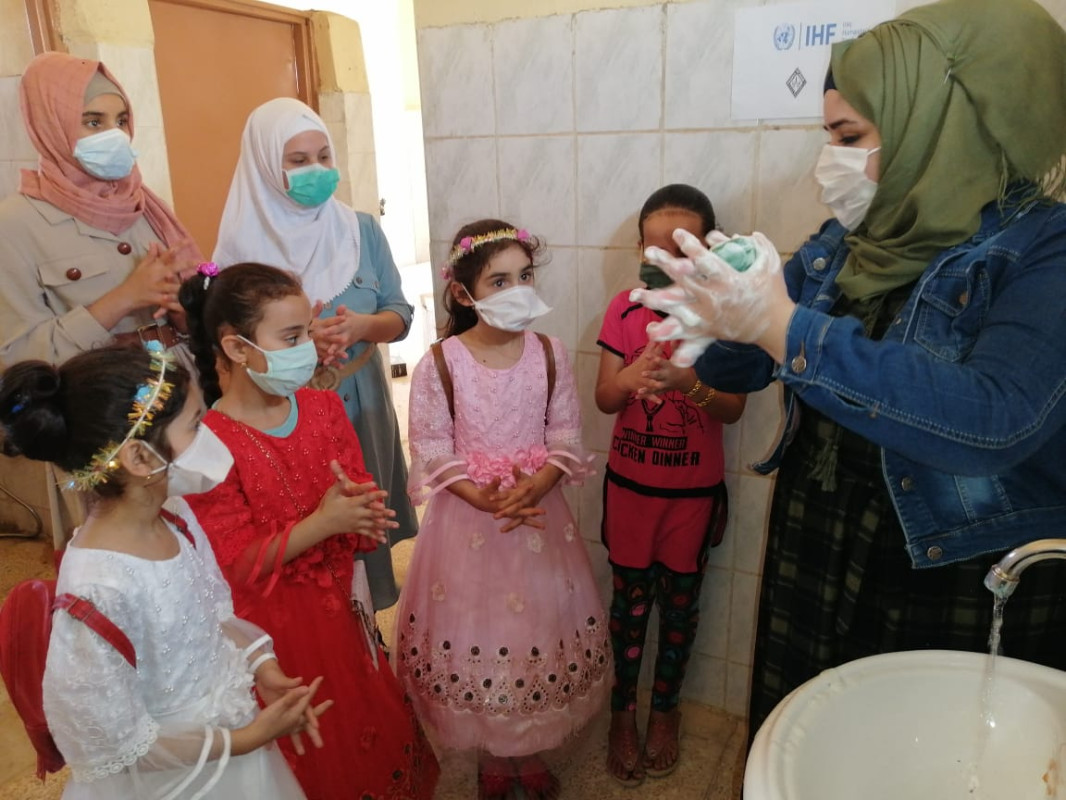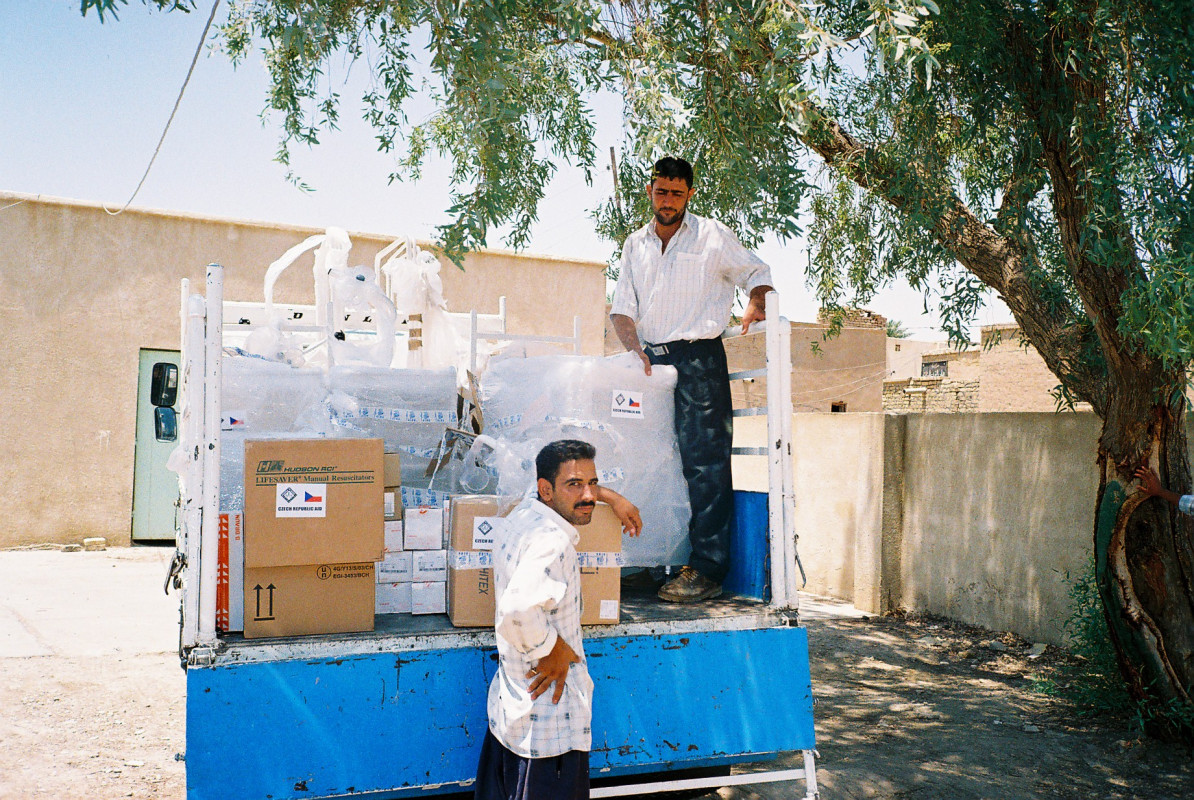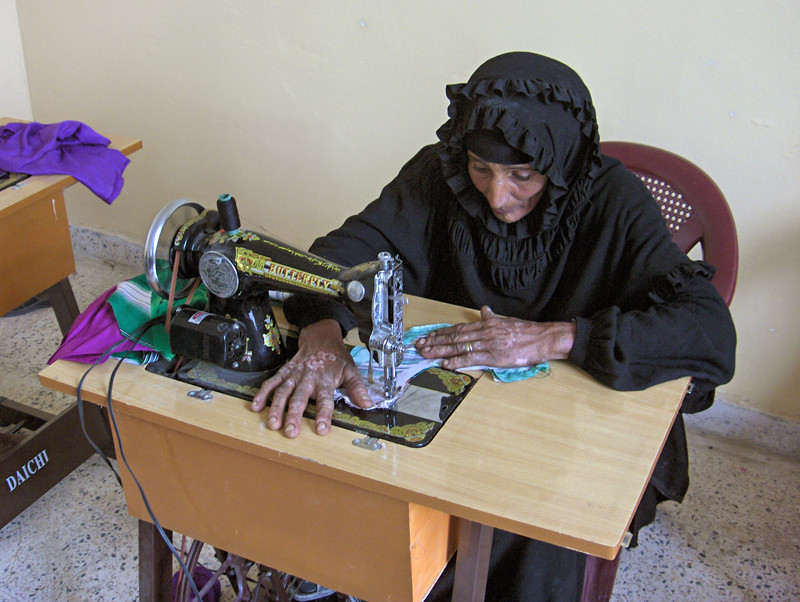Iraq: Emergency Response & Recovery
Although military operations in Iraq officially ended in 2017, the country is yet to tackle the deadly aftermath of the conflict, which has brought Iraq on the verge of a large-scale humanitarian crisis. According to official estimates, there are 1.2 million internally displaced people and 4.1 million people still in need of humanitarian assistance. The local economy collapsed, critical infrastructure was severely damaged, entire cities levelled to the ground, and thousands of people were forced out of their homes.
Since 2014, PIN has provided humanitarian aid to hundreds of thousands of people in Iraq affected by the armed conflict, including those who had to escape before the offensive in Mosul, the last stronghold of the so-called Islamic State. The “Mosul Response” is still considered the single largest and most complex humanitarian operation in Iraq. Even after the fall of the armed group, millions of people in the country remain without homes or aid. We are ensuring that vulnerable population has access to water and hygiene facilities, basic household items, fuel for heating and house repair assistance.
Ongoing aidORPast aid programmes

COVID-19 Response
Since the start of Covid-19 pandemic, we adapted our response to not only ensure the continued and safe implementation of our activities but to help communities better prepare themselves and mitigate its impact. Door-to-door and social media awareness campaigns effectively reached over 32,000 community members while hygiene kits and face masks distribution reached over 76,000 people. Additionally, we are actively facilitating the safe reopening of businesses and schools and supporting children and educators in the meantime with a PIN-created distance learning curriculum implemented through smartphone applications.

Material aid against the cold

Humanitarian aid
PIN was one of the very first international organisations to start providing immediate humanitarian aid and assistance to people directly inside Mosul in February 2017 when the military campaign was still ongoing. Once the fighting subsided, we expanded our activities into other retaken areas in Nineveh, Salah Al-Din, Kirkuk and West Anbar. Depending on the situation, we help people adapt their temporary shelters, repair their war-damaged homes, or equip their households with basic items. The most vulnerable households might receive a direct financial support to cover their basic day-to-day needs, or their labour-fit members are engaged in activities such as waste collection, cleaning, and minor restoration works, to earn some income. Since 2014, 38,000 people have benefited from a one-time grant or cash-for-work program. By repairing water supply networks, we also help restore access to safe drinking water and revitalise local farming activities.

Reconstruction of Missan province
After the war, in the southern province of Missan, PIN reconstructed more than fifty schools and sixty medical establishments, fire stations, sport halls and youth centres. The drinking water supply system had also been damaged during the war and therefore the reconstruction of water treatment plants was carried out, as well as the distribution of simple water purifying devices for households. The public sewage system was also repaired in Al Amarah city.
In cooperation with local authorities, PIN held health checks at schools carried out together with inoculations of children, lectures about hygiene, water and sanitation awareness lectures as well as illness prevention campaigns. In the area of the Iraqi marshes, PIN focused on fighting malaria through the distribution of mosquito nets.








